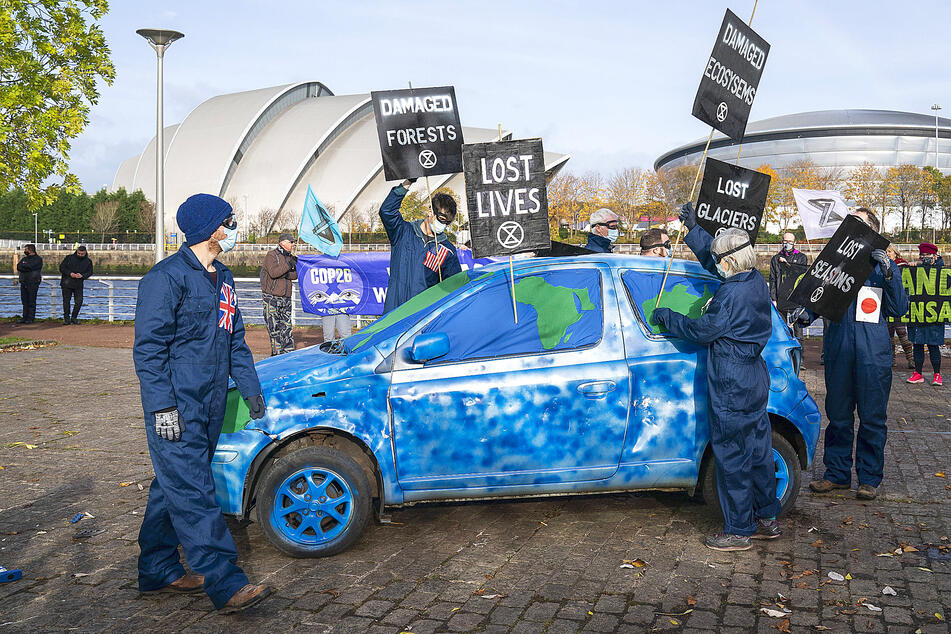COP26: Carbon offset upset, infection rates, and more highlights from Day Seven
Glasgow, UK - Serious disagreement reared its ugly head on Sunday at COP26, as the US and Europe said no to a fee on carbon offsets that would fund climate action in developing countries.

Richer nations are all about using carbon offsets and carbon taxes to make the transition to green energy – but the US and Europe have balked at a levy on carbon offsets, because they don't want funds to go to developing nations.
The proposed fee attached to buying carbon offsets would fund the transition to green energy in the nations hit the hardest by climate change.
However, US State Department insiders have said the plan is basically impossible, as there is no incentive for states or companies to put funds towards overseas climate projects.
With the US and Europe saying no to a fee on carbon offset purchases, COP26 President Alok Sharma says ministers have this coming week to get to a consensus.
Sharma also announced that the rate of Covid-19 infections at the climate summit are nothing to be worried about, and the honor system puts the infection rate at only 0.1%
There have already been cases amongst US delegates to the summit, including Los Angeles Mayor Eric Garcetti and another US official.
John Kerry has stepped up his testing by submitting a PCR test instead of just the required rapid test, which seems like a reasonable precaution, considering the amount of delegates who are mixing and mingling without masks.
After a slower weekend, COP26 has just five days to get the serious work done that would prove protesters wrong. However, that means making more radical pledges to cut emissions, end fossil fuel investment, and provide climate funding to developing countries.
Cover photo: IMAGO / ZUMA Press
